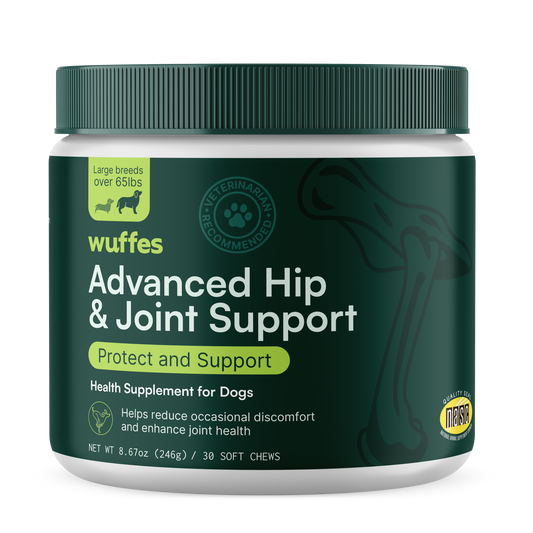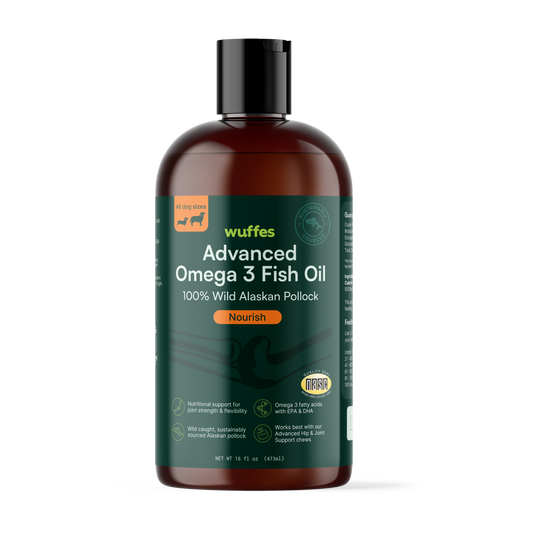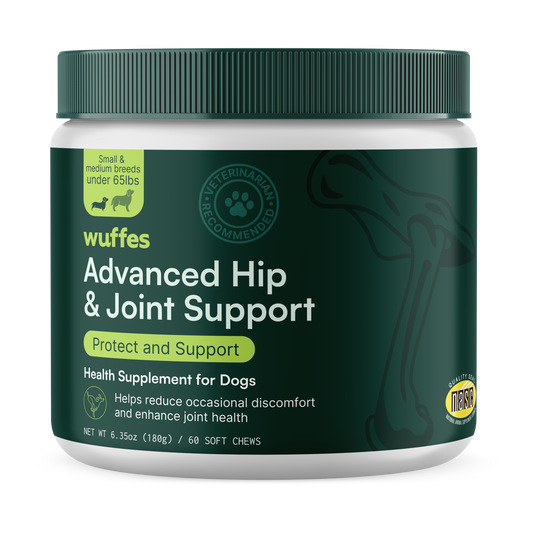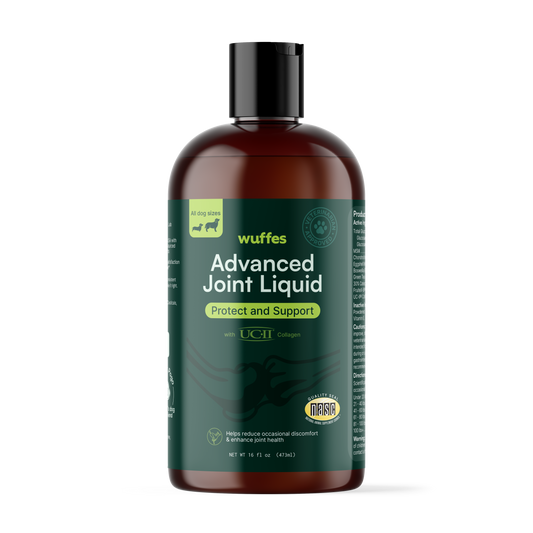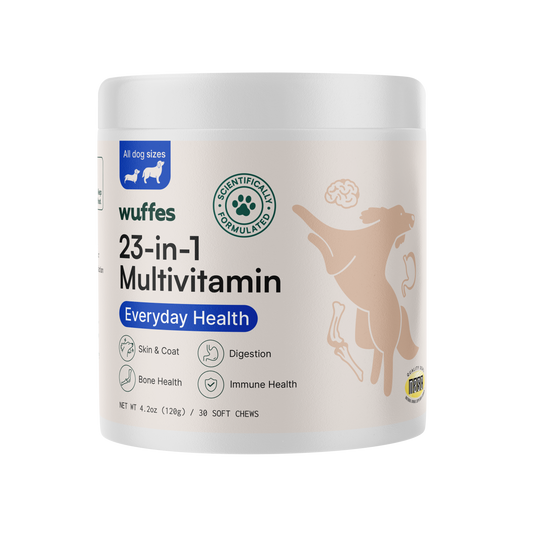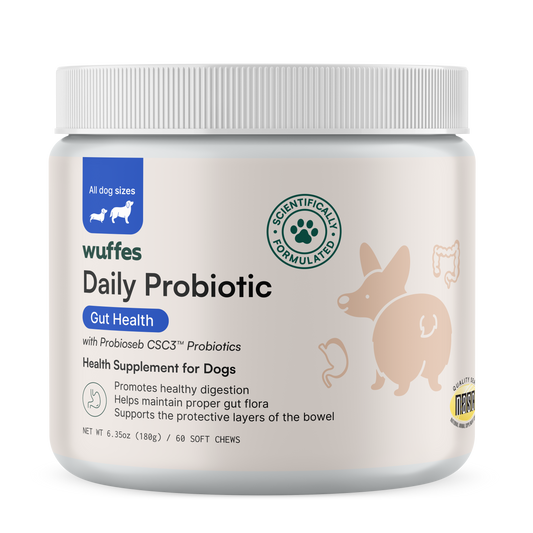When choosing a dog, people often focus on physical appearance, activity levels, or maintenance costs. While these factors are important, one of the most crucial things to consider is a dog’s overall health. Unfortunately, some breeds are more prone to health issues than others, particularly when it comes to nutrition and related health concerns.
Which dog breeds are prone to nutritional challenges?
Some dog breeds are more vulnerable to health issues, often due to genetic factors. While these breeds make wonderful companions, it’s important to understand their potential needs to support their overall well-being.
-
Cocker Spaniels
Cocker Spaniels are known for their beauty, but they are also prone to joint health issues and may need extra support for heart health. Ensuring they get the right nutrients to maintain healthy joints and cardiovascular function is key to keeping them active and happy. -
Golden Retrievers
A favorite in many households, Golden Retrievers can be prone to skin allergies and hip problems, like hip dysplasia. Their long hair makes them more susceptible to skin issues, and their larger frame requires nutritional support for joint health. -
Poodles
Poodles, despite their intelligence and charm, may be vulnerable to eye concerns, such as cataracts, even at a young age. Supporting eye health with the right nutrients can help promote long-term vision health. -
Bulldogs
Due to their distinctive facial structure, Bulldogs can experience respiratory challenges. They may also struggle with activity in warm weather, so it’s important to monitor their health carefully, particularly during exercise or in hot conditions. -
Beagles
Beagles are energetic and lovable, but they can be prone to neurological concerns. Issues such as seizures may occur, so supporting their overall brain health with the proper diet and vet-recommended supplements can help. -
Boxers
Boxers, unfortunately, are one of the breeds more likely to face certain health challenges as they age, including concerns related to immune health. While these potential issues may sound concerning, with the right care, Boxers can still lead healthy and fulfilling lives.
What are common health concerns across all dog breeds?
Even if your dog isn’t one of the breeds mentioned above, it’s important to remember that all dogs can face health challenges, particularly if they aren’t receiving the proper nutrition.
-
Low Immunity
A balanced diet is essential to support your dog’s immune system. Without the right nutrients, dogs may become less active and more vulnerable to seasonal or occasional health issues. High-quality supplements, like multivitamins, can help support overall immune health. -
Digestive Issues
Some dogs experience occasional digestive upsets, such as loose stools or sensitivity to certain foods. Ensuring that your dog is consuming easily digestible nutrients, and consulting your veterinarian when needed, can help maintain a healthy digestive system. -
Poor Skin and Coat Health
Skin and coat problems aren’t limited to long-haired breeds. Dogs with shorter coats may also be prone to skin irritations or wounds. Regular grooming and supplements that support skin health can help keep your dog’s coat shiny and their skin healthy. -
Obesity
While fluffy dogs might look adorable, obesity is a growing concern for many dog owners. Obesity can lead to other health challenges, particularly in the joints, and may affect your dog’s energy levels. Maintaining a balanced diet and providing regular exercise are important in keeping your dog at a healthy weight.
What are common health concerns across all dog breeds?
No matter the breed, all dogs benefit from a balanced diet and proper nutrition. Multivitamins that include essential nutrients like Vitamin A, Vitamin C, Zinc, Omega-3 fatty acids, and Calcium may help support overall health, including joint mobility, skin and coat health, and immune function.
With the right care, even breeds prone to nutritional challenges can thrive. Regular veterinary checkups and a well-rounded nutrition plan tailored to your dog’s specific needs are the best ways to ensure a long, healthy life for your furry friend.

